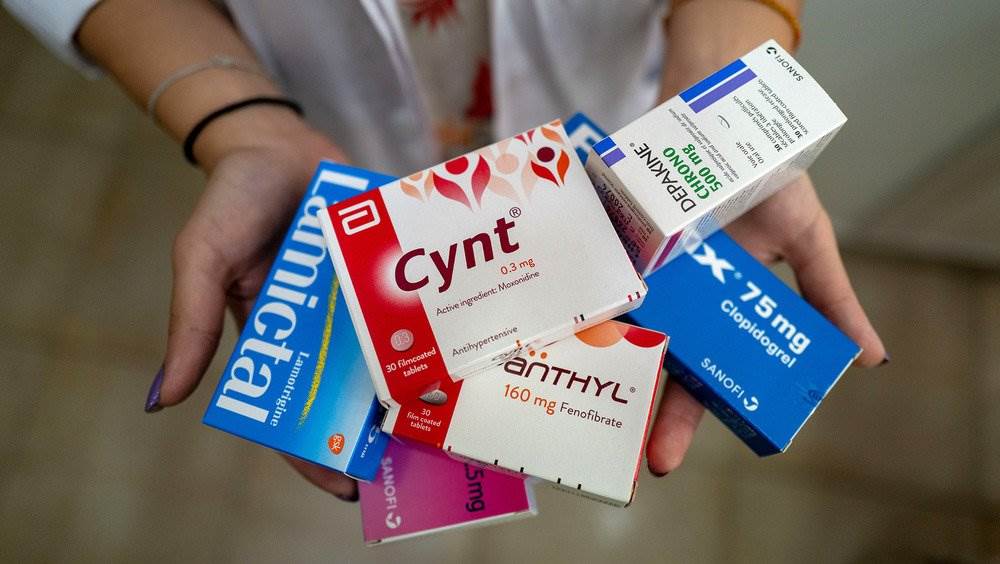Lebanese cancer patients live in fear after drug subsidies lift
Cancer drugs are Lebanon's last subsidized prescriptions, plunging the country's economic situation into an even more worrisome future.
-

Lebanese cancer patients live in fear after drug subsidies lift.
Cancer patients fear that their life-saving drugs could be next in line after Lebanon's crisis-hit government announced the partial withdrawal of medicine subsidies last month, including on several other treatments for chronic diseases.
Breast cancer patient Janette Marhij said the economic meltdown crippling Lebanon's fragile healthcare system had been more distressing than living through the country's 15-year civil war that ended in 1990 in a ward of the Naef K Basile Cancer Institute at the American University of Beirut's Medical Center (AUBMC).
“During the war at least people had money,” said Marhij, 63. “We’ve never experienced anything like this.”
In addition to concerns about dying from cancer, the mother of four is concerned that she will not be able to afford the medication she needs to finish the treatment due to rising prescription prices and shortages.
“My son takes care of my medicines, he asks friends and acquaintances to search pharmacies around them,” Marhij said. “I’m dependent on him, I have no choice. If prices go up, I don’t know how he will be able to afford it.”
Lebanon's economic crisis
Lebanon has been mired in a deepening economic crisis for more than two years, with over three-quarters of the people living in poverty.
For years, the country's central bank has subsidized medications, fuel, and wheat to keep them at the official linked pricing of $1 to 1,500 Lebanese pounds. However, since the local currency's value began to fall in mid-2019, the central bank has reduced subsidies, eroding the country's foreign reserves.
The Health Ministry cut medical subsidies from $120 million per month to around $35 million in November, boosting the cost of a wide range of pharmaceuticals by up to four times.

 2 Min Read
2 Min Read










